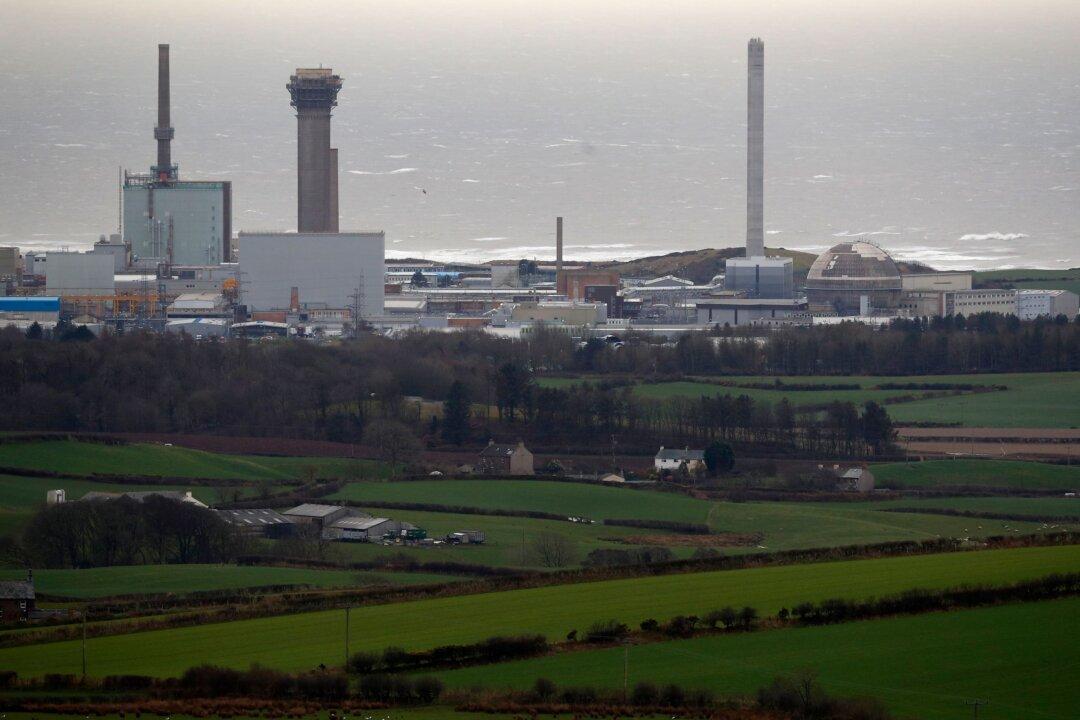The energy security secretary has sought answers from the Nuclear Decommissioning Authority (NDA) on Monday after Sellafield denied claims that the nuclear site’s IT systems have been hacked by groups linked to hostile states.
The Office for Nuclear Regulation (ONR) also disputed the hacking claims but confirmed that it is scrutinising Sellafield Ltd because the company isn’t meeting the required “high standards” in relation to cyber security.





